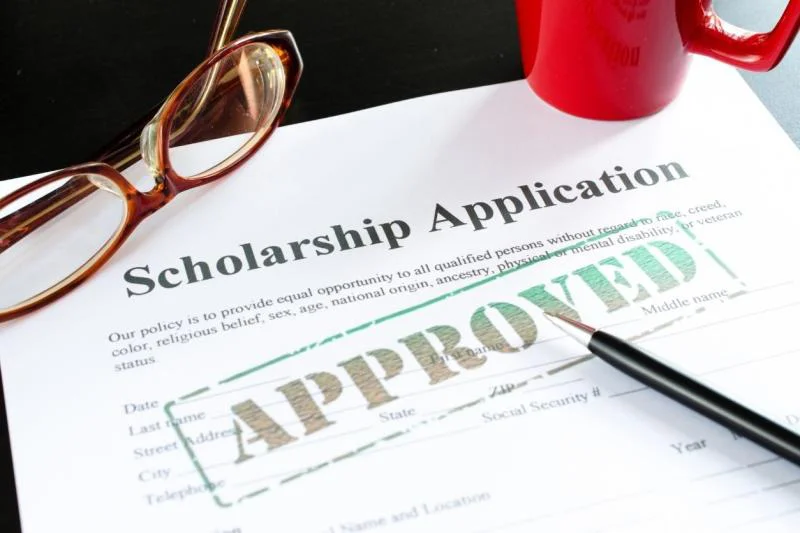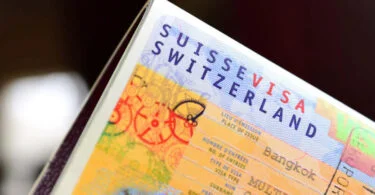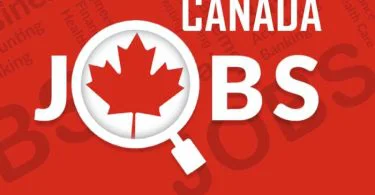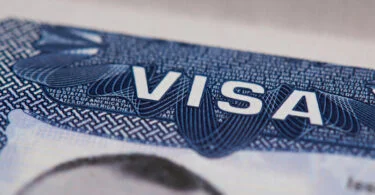Are you looking for ways to fund your college education without breaking the bank? If so, consider applying for scholarships. Scholarships are a great way to reduce college costs and avoid student debt. However, scholarships are also very competitive and require a lot of preparation and effort. In this article, we will share some expert tips on improving your scholarship applications and winning more money for college. Follow these steps, and you’ll be on your way to securing more funding for your education.
Table of Contents
Start Early and Research Scholarship
One of the most critical factors in winning scholarships is timing. You don’t want to miss any deadlines or opportunities because you procrastinated or didn’t research enough. Starting early gives you more time to research scholarships, gather all the necessary documents, write compelling essays, and submit your applications before the deadlines. It also allows you to apply for more scholarships, increasing your chances of winning. Use online databases, such as Niche, WeMakeScholars, or Novorésumé, to find scholarships that match your profile, interests, and eligibility criteria. Don’t limit yourself to only local or national scholarships; there are also many international and niche scholarships that you can explore. The more scholarships you apply for, the higher your chances of winning at least one. You can also check with your school’s financial aid office, professional organizations in your field, and local community groups for scholarship opportunities.
Once you have a list of potential scholarships, research each one. Ensure you understand each scholarship’s requirements, deadlines, and selection criteria. Look for scholarships with specific eligibility criteria matching your qualifications, such as your academic major, career goals, personal interests, or background.
These scholarships may have fewer applicants, increasing your chances of winning. For example, if you’re pursuing a degree in STEM (science, technology, engineering, or math), look for scholarships specifically for students in those fields.
Understand Your Audience and Tailor Your Application
Another critical factor in applying for scholarships is knowing your audience and what they are looking for in a candidate. Different scholarships have different goals, values, and criteria, so you need to do your homework and research the background and mission of the organization or person providing the funding. You should also read the instructions and guidelines carefully and follow them strictly.
You should tailor your application accordingly once you know what the scholarship committee expects. This means highlighting your relevant achievements, skills, and experiences that match their criteria and show how you fit their vision. You should also customize your personal statement or essay for each scholarship and demonstrate why you are passionate about the topic and how you plan to use the award to further your goals.
Write a Compelling Personal Statement or Essay
Another crucial factor in winning scholarships is your personal statement. This is your chance to showcase your personality, values, goals, and achievements to the scholarship committee. You want to write a personal statement that is clear, concise, and compelling. Here are some tips on how to write a personal statement for a scholarship:
Should you find this piece engaging, we kindly invite you to explore the wealth of content in our other articles:
Keep it short and clear: Most scholarships have a word limit for the personal statement or essay, so you must be concise and avoid unnecessary details or filler words. Aim for around 500 words or less unless otherwise specified.
Remember to follow your hook with a thesis statement: The first sentence of your personal statement or essay should be a hook that grabs the reader’s attention and makes them want to read more. The hook can be a question, a quote, a statistic, a personal anecdote, or anything related to your topic. After the hook, you should provide a thesis statement that summarizes the main point or argument of your personal statement or essay.
Provide relevant background for the topic without starting your argument: The next paragraph of your personal statement or essay should provide some context and background information without revealing your argument or opinion. This is where you can explain why you are interested in the topic, how it relates to your academic or career goals, and what challenges or opportunities you have faced or encountered in relation to it.
Provide only helpful, relevant information: The body paragraphs of your personal statement or essay should support your thesis statement with evidence, examples, facts, statistics, quotes, or anecdotes that illustrate your points. You should only include relevant and helpful information in your argument and avoid anything irrelevant, redundant, or contradictory.
Avoid clichés: Clichés are overused expressions or phrases that have lost their original meaning or impact due to being used too often. They can make your personal statement or essay boring, generic, or unoriginal. Therefore, you should avoid clichés and use more specific and original language.
Convince the reader that your essay is worth reading: The conclusion of your personal statement or essay should restate your thesis statement and summarize your main points without repeating them word for word. It should also provide a strong closing statement that leaves a lasting impression on the reader and convinces them that you are a worthy candidate for the scholarship.
Proofread and Edit Your Application
The final step in applying for scholarships is proofreading and editing your application before submitting it. You don’t want to ruin your chances of winning by making careless spelling, grammar, punctuation, or formatting mistakes. Therefore, check your application for any errors and fix them immediately.
You can use online tools like Grammarly or Hemingway to help you proofread and edit, but you should also read your application aloud and ask someone else to review it. A fresh pair of eyes can catch errors or inconsistencies you might have missed or overlooked. You should also print and read your application on paper, as it can help you spot errors more easily than on a screen.
The Bottom Line
Applying for scholarships can be daunting and time-consuming, but it can also be rewarding and beneficial for your education and future career. By following these tips, you can improve your scholarship applications and increase your chances of winning more awards. Remember to start early, apply often, understand your audience, write a compelling personal statement or essay, and proofread and edit your application. Good luck!






